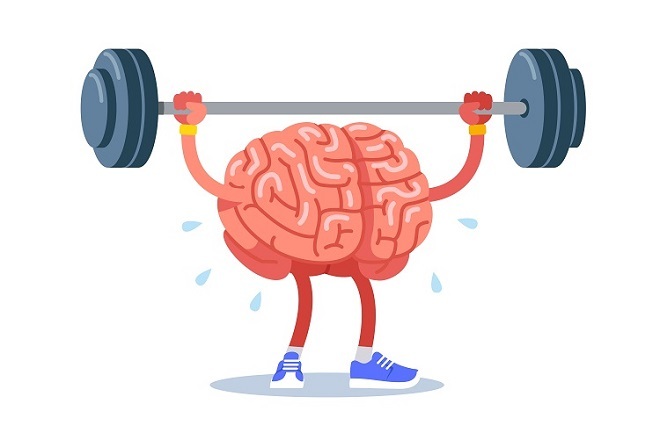While popular non-dairy milk products are usually made from oats, almonds or soybeans, potatoes are the latest newcomers to the list. Developed by researcher and professor Eva Tornberg at the Lund University in Sweden, she says the opportunity to create milk out of potatoes presented itself thanks to the high-quality proteins found in them.
In order to transform them into milk, developers need to add canola oil, chicory fiber and pea protein to potatoes. Additionally, it is a good source of protein, high starch and high vitamin C content.
Another benefit of potato milk is its sustainability, which performs a lot better than dairy milk in terms of water use, carbon footprint and land use. It also does better than soy milk related to greenhouse emissions and requires over 15,000 less liters of water than producing a kg of almonds. It also avoids some of the most common allergies and dietary restrictions, as it’s free of nuts, gluten, soy, and animal products. Because of that, it makes a great option for vegans.
Potato milk is currently only available in Sweden, the UK and China, however it’s short-term success could result in more demand in countries like the US and Canada.







